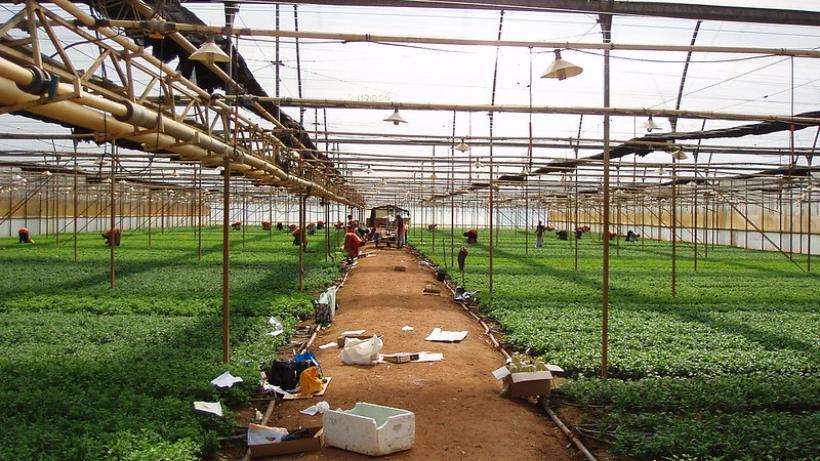Dealing with fake agricultural inputs
-
Technology adoption in African agriculture is very low, constraining productivity and income for the rural population
-
There is ample anecdotal evidence of fake agricultural inputs, but little empirical proof of the magnitude of the issue
-
IGC research shows that retail-level inputs tend to be of poor quality, partly explaining poor adoption
-
Agriculture stakeholders are considering ways to enhance and enforce agricultural input standards and donors have voiced an interest in implementing a testing regime
Technology adoption in African agriculture is very low, constraining productivity and rural income. This study was motivated by common anecdotes about farmers’ bad experiences with fertiliser and seeds. Investing in these items should yield a manifold return, but few farmers are willing to make this investment. Several agriculture sector donors were aware of the issue, but data on the magnitude of the issue had not been collected.
Retail-level agricultural inputs were purchased in small outlets in various locations in Uganda. To test the quality of agricultural inputs, researchers focused on maize seeds and on fertiliser. For the former, they grew test plots under good growing conditions to establish the yield of seeds. For the fertiliser, researchers sent samples to a laboratory to conduct tests of chemical composition. Prices of inputs were also collected for all inputs bought via the ‘mystery shopper’ approach.
The key finding was that the vast majority of fertiliser samples were substandard. Additionally, very few of the allegedly improved seeds showed success in producing large crops. In short, the agricultural inputs sold at retail level in Uganda are often ‘fake’ or of very poor quality. As such, the return on investment from these technologies is much lower than expected. Farmers’ choices can thus be seen to be much more rational than the rejection of modern techniques suggests on the surface. The situation suggests a need for better standard surveillance and an increased focus on rooting out fake agricultural inputs by enforcing standards.
The IGC has begun working with the government, DFID Uganda, and other donors to examine ways to translate the research insights into actionable policies.
Project outputs

Low Quality, Low Returns, Low Adoption: Evidence from the Market for Fertilizer and Hybrid Seed in Uganda

40pc of fertilisers fake: study

Low Quality, Low Returns, Low Adoption: Evidence from the Market for Fertilizer and Hybrid Seed in Uganda

Low Quality, Low Returns, Low Adoption: Evidence from the Market for Fertilizer and Hybrid Seed in Uganda

Hybrid Seed, Fertilizer Found to be Poor in Uganda, DRC (Voice of America)

Dodgy fertiliser is keeping Uganda hungry (The Guardian)

Trouble for agro fakes

Ugandan farmers hampered by fake inputs (East African Business Week)

Finance ministry rejects national fertiliser policy (Daily Monitor)

Fertilizers, hybrid seeds on the market not profitable – study (The Observer)

Lemon Technologies and Adoption: Measurement, Theory and Evidence from Agricultural Markets in Uganda (QJE 2017)






